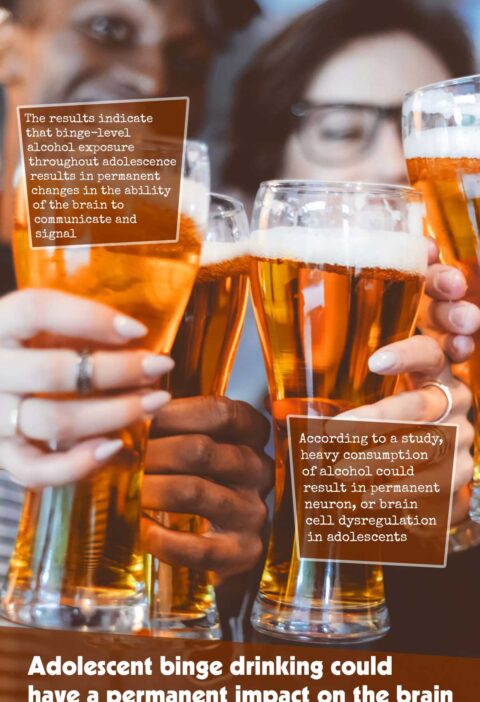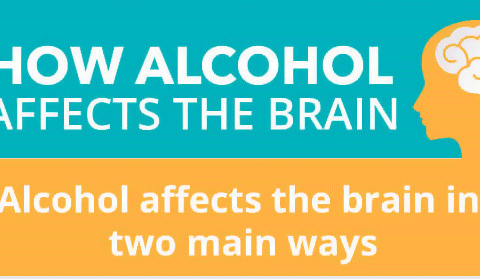Alzheimer’s Association reports that Alzheimer’s accounts for between 60-80% of dementia cases, making it the leading form of this form of dementia.

Studies have indicated that alcohol use disorder is a known risk factor for Alzheimer’s disease, yet its impact is still being studied in its pathophysiology.
Preclinical evidence demonstrated that even moderate alcohol consumption can hasten brain atrophy, leading to cell loss and the accumulation of toxic proteins – known as amyloid plaques in Alzheimer’s.
These findings suggest that alcohol could potentially hasten Alzheimer’s pathology during its initial stages.
Researchers used Alzheimer’s disease mouse models to explore the impacts of voluntary moderate alcohol consumption on healthy brain function and behavior.
To mimic human drinking behavior, mice were given the choice between alcohol or water for 10 weeks.
Researchers then investigated if voluntary, moderate alcohol consumption impacted healthy brain function and behavior as well as any changes associated with early stages of Alzheimer’s.
Study findings revealed that alcohol consumption led to an increase in brain atrophy and an increased number of amyloid plaques, including increased smaller plaque numbers; possibly setting the stage for future plaque proliferation increases.
Researchers found that acute alcohol withdrawal caused amyloid-beta levels, an important amyloid plaque component that accumulates with Alzheimer’s, to rise.
Further analyses revealed that peripheral and brain metabolism was negatively impacted by prolonged alcohol consumption, another factor which accelerates Alzheimer’s pathology. Furthermore, other research indicates an increase in blood sugar leads to an increase in amyloid-beta as well as amyloid plaque formation.
In this recent study, moderate alcohol intake led to blood sugar elevations and insulin resistance markers – increasing not only Alzheimer’s risk but also cardiovascular disease and type 2 diabetes risk.
Researchers also observed that moderate alcohol consumption altered behaviors related to dementia and anxiety.






